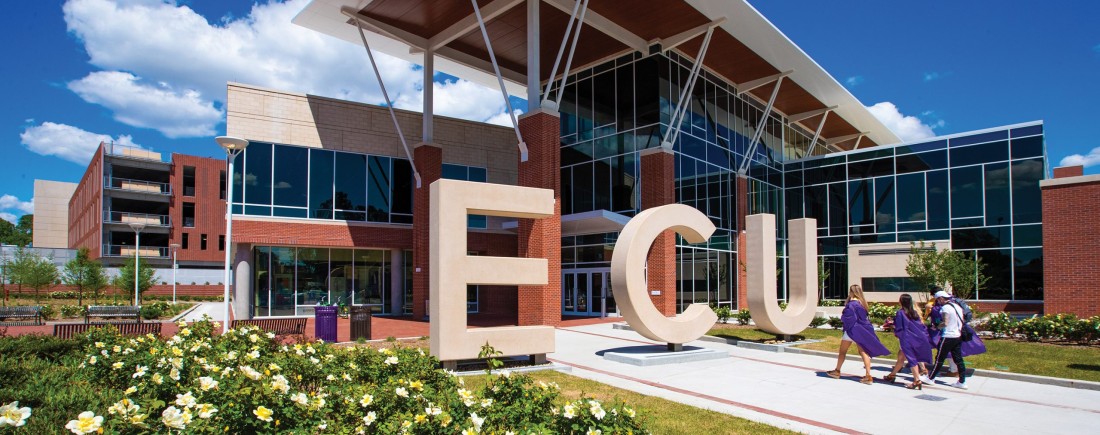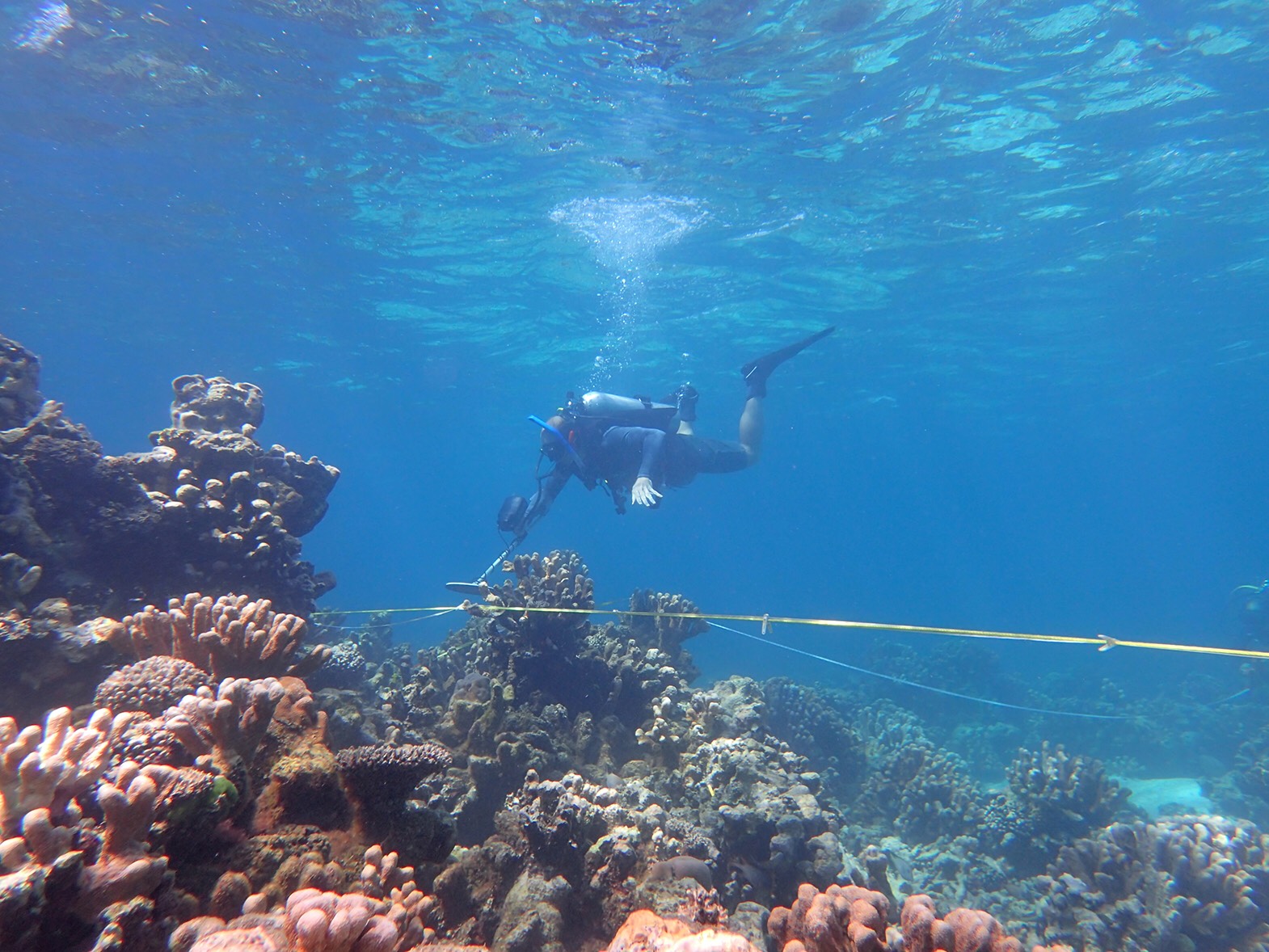Made in ENC, Collaborations on Talent and Economic Development
…rural areas lose talent and economic potential. Brain drain may occur because of an actual or perceived lack of job opportunities in a region, the lack of opportunities for career…

The Problem
Brain drain is a significant issue plaguing many rural communities in the U.S. As young people and skilled professionals move to urban areas in search of job opportunities, rural areas lose talent and economic potential. Brain drain may occur because of an actual or perceived lack of job opportunities in a region, the lack of opportunities for career advancement, or the view that conditions are worsening in the area.
From a North Carolina perspective, the expansion of the Research Triangle Park in the Raleigh-Durham area and the rise of the banking and business industries in the Charlotte area have attracted talent from rural North Carolina communities over the past decade. The population of the Raleigh Metropolitan Area has increased by 1.15 million people in the past 30 years and around 304,000 people in the past decade. Likewise, the population of the Charlotte Metropolitan Area has grown by about 1.57 million people in the past 30 years and by around 378,000 people in the past decade. While not all of this population growth is due to in-state migration, from 2000 to 2004, there was a net out-migration from 24 North Carolina counties, mainly from the Coastal Plain region. During this period, in-state migration accounted for an additional 57,067 residents in Wake County and 44,109 residents in Mecklenburg County. From 2011 to 2015, Wake County attracted 61,111 new residents, with 30,220, or around 49 percent of those movers, coming from in-state.
Population loss, partially due to brain drain, affects counties across North Carolina’s three major regions. In the Coastal Plain, Washington County’s population fell 16.8 percent from 2010 to 2020, a loss of around 2,200 people. Bertie County’s population dropped from about 21,300 in 2010 to about 17,900 in 2020, a loss of 15.7 percent. In the Piedmont region, Anson County saw its population fall by 18.2 percent between 2010 and 2020, a decline of around 4,900 people. The population of Stokes County fell by 6.1 percent in the past decade, from about 47,400 in 2010 to 44,500 in 2020. In the Mountains, the population of Wilkes County decreased by 4.9 percent in the past decade, from around 69,300 in 2010 to 66,000 in 2020. In Graham County, the population declined from about 8,900 in 2010 to about 8,000 in 2020, a 9.4 percent decrease. While it should be noted that not all rural counties in North Carolina experienced population loss in the past decade, many of them have felt the effects of brain drain.
The Solution
East Carolina University (ECU) has long been a jewel of eastern NC. It has recently stepped up with several intentional strategies to retain a talented pool of workers excited to contribute to the region. According to regional leaders who participated in a ncIMPACT town hall, one of the most innovative programs that ECU has introduced is its partnership with eastern NC counties through RISE29. In this program, 200-250 undergraduate students develop entrepreneurial skills within a supportive educational setting. Those skills are then deployed to provide economic prosperity and business opportunities to eastern North Carolina by connecting the entrepreneurial interests of students with specific company needs.
 ncIMPACT town hall panel at Eastern Carolina University
ncIMPACT town hall panel at Eastern Carolina University
Students choose one of three pathways: a new business idea, technological innovations, or helping existing regional businesses. Students then form teams based on shared interests and gain insight into regional needs through mentorship and connections with local communities. After time spent researching and developing their entrepreneurial ideas, students develop business models and pitch them to mentors and local business leaders. At the end of the program, students either begin an enterprise or collaborate with existing companies to implement their continuity plans. After completing the program, students who stay in the region can receive mentorship through seminars, symposiums, and funding assistance for their business enterprises.
 The Rise29 process
The Rise29 process
Another innovation is the ECU School of Dental Medicine’s Community Services Learning Centers. There are nine ECU-led centers across the state, with six in eastern North Carolina, one in the Piedmont, and two in western North Carolina. All nine locations were chosen for their rural settings, given the pressing need to increase high-quality health care in rural areas and the lack of dental care providers. Fourth-year dental students must participate in three 27-week rotations in centers across the state to build their skills and experience working with various populations. Students on these rotations learn about business and practice management to succeed. Each dental center provides over $1 million of economic impact in its local community and a range of services, from comprehensive general dentistry to digital radiography. In all, these centers not only provide opportunities and hands-on work experience for the next generation of dentists; they also offer economic benefits and essential services for their communities.
The Players
ECU cultivates strong connections with regional industries, bolstering the strength of business in the area and the opportunities available to students. One of these connections is the Latham Clinical Network. ECU students have access to internship and hands-on educational career opportunities within school systems in 40 counties and three municipalities, all located in eastern North Carolina. Over 500 interns and 3,000 undergraduate practicum students have been placed in the network, helping to build and maintain a strong talent pool of high-quality educators in eastern North Carolina for the present and future. The year-long requirement also supports the 43 school districts coordinating to provide resources for incoming teachers, thus forming the state’s most extensive teacher preparation system. The network also works to improve the retention and renewal of current teachers by providing training sessions, annual conferences, and professional development sessions.
Another notable innovation is ECU’s Maritime Studies Program in partnership with the military, specifically the Defense Prisoner of War/Missing in Action Accounting Agency (DPAA). The Maritime Studies Program encompasses maritime history, conservation, and nautical archeology topics. Since 2017, ECU has partnered with Task Force Dagger to participate in field missions worldwide. Task Force Dagger leads dives and inspections of archaeological and crash sites to recover the remains of missing service members. In return for assistance from ECU students, DPAA appoints a research policy fellow to ECU who conducts research and teaches one class per semester. The research fellow also leads projects that include students in the department. Current projects include The Photo Project, which collects photos of missing service members using historical and archival evidence, and the Air Sea Rescue Logbook, which uses GIS and World War II primary sources to transcribe, classify, and visualize data about aircraft losses. Buoyed by student interest and the support of the nearby military community, these programs have the potential to attract and retain people to eastern North Carolina, given the resources and coastal location.
 ECU’s maritime studies program is conducting side scan sonar surveys and using underwater metal detection during their field school. (Contributed photo)
ECU’s maritime studies program is conducting side scan sonar surveys and using underwater metal detection during their field school. (Contributed photo)
The Promise
ECU’s medical resources will be further expanded by integrating the 141,500-square-foot Eastern Region Pharmaceutical Center, which was completed last year. The center was created for North Carolina’s Biopharmaceutical Crescent, comprised of Pitt, Johnston, Wilson, Nash, and Edgecombe counties, and is home to a multitude of pharmaceutical companies, such as Pfizer and Novo Nordisk. The Manufacturing Capability and Cybersecurity Complex is within the center, which includes 4,500 square feet of lab space and provides a hands-on educational environment with a manufacturing line and bioprocessing equipment. The main goal is to provide resources for ECU students and current biopharmaceutical employees who want to expand their knowledge and skills through coursework and skills training to help grow the regional industry from a local base of skilled workers. The Pharma Pathways Program, which will operate within the pharmaceutical center, will bring together faculty from ECU and local community colleges to engage students and workers by providing classes, job training, and career opportunities in the biopharmaceutical industry. The program will be promoted throughout eastern North Carolina and provide career planning, scholarships, and mentorship from faculty, staff, and industry representatives.
 Eastern Region Pharmaceutical Center
Eastern Region Pharmaceutical Center
ECU’s RISE29 Program also has the potential to provide expansion and entrepreneurial support to local businesses looking to grow and thrive in eastern North Carolina. One pivotal example of this is Riverside Recreation Rentals, located in downtown Greenville, which offers kayaking and paddleboarding excursions on the Tar River and a studio that provides yoga and dance classes. In Spring 2022, the company expanded its services to provide camps and field trips in nearby Wildwood Park. During the ncIMPACT town hall, CEO Shavonne Brumsey spoke about how assistance from students in the RISE29 Program was vital to expanding and strengthening her business. The students could foster a supportive and sustainable local industry by working with her to improve the company’s business model and day-to-day operations. The hope is that the continued promotion and application of the RISE29 Program will further bolster the strength and diversity of regional businesses.
With all of these innovations, the goal is for this wide array of solid businesses and opportunities within eastern North Carolina to serve as a draw for regional residents looking for meaningful employment opportunities and for people looking to apply their skills and education in growing communities.

